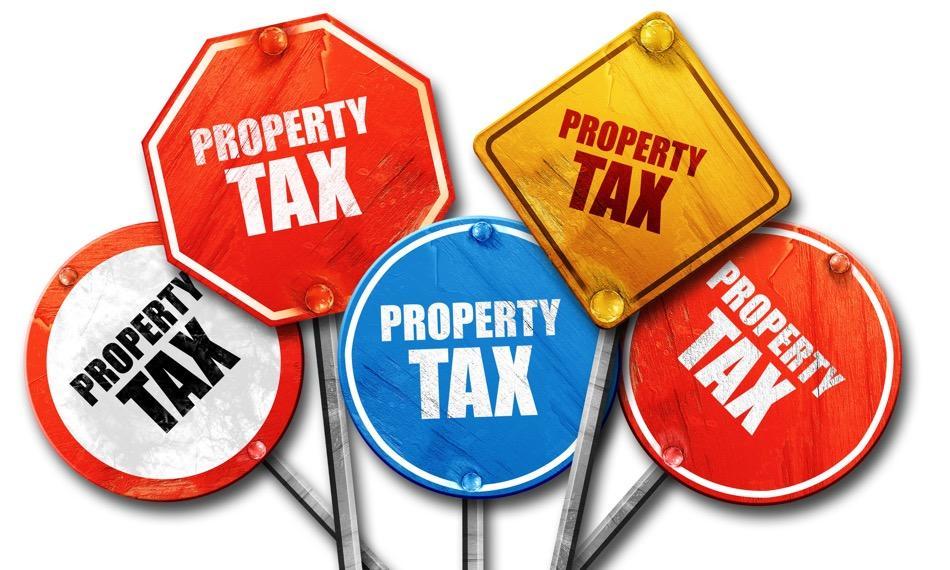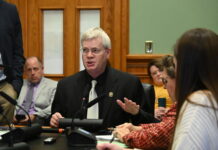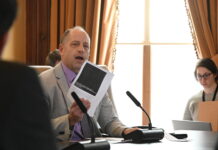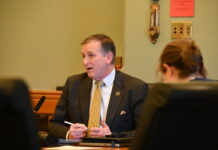Owning a house or other property is becoming unaffordable for too many Iowans. Property tax bills are increasing faster than what is reasonable. Something has to be done.
- Iowa’s property tax burden is the 10th highest in the country.
- Assessed values are expected to increase significantly this year.
- Many city councils and county supervisors won’t reduce levy rates enough to offset assessment increases.
The legislature has done a good job of slowing the growth in state spending in recent years. This has led to meaningful state income tax cuts.
Unfortunately, the example set by the legislature on spending and tax policy has generally not been continued at the local level and slowed the growth of your property tax bill.
Iowans can’t afford to wait for cities and counties to fix the problem on their own. Because local governments are subdivisions of the state, the responsibility now falls on state lawmakers to act – to protect Iowans from local elected officials who are more interested in growing their sprawling government obligations than protecting family budgets.
ITR’s Property Tax Solution
At the governor’s budget hearing last month, ITR President Chris Hagenow said:
“We don’t believe that this gets solved in one year. It’s taken many years to get to this point. Property taxes in Iowa are the 10th highest in the nation and, as assessments are going up, Iowans are going to be faced with increasing property tax bills.
Iowans for Tax Relief thinks it would be a good idea to implement a two-year property tax freeze in Iowa so that we can press pause and look at what some of the various ideas might be to reform the system.”
Step One: A Two-Year Property Tax Freeze
State lawmakers need to force local elected officials to make tough spending decisions that protect family budgets by enacting an immediate, temporary freeze on property tax bills for existing properties and then consider long-term solutions.
Freezing local government revenue from existing properties does not impact local governments’ ability to increase spending. It forces them to draw down cash reserves if revenue from new growth is insufficient to support what local elected officials believe is necessary for operations.
Step Two: Enact Longer-Term Options
While property taxes are frozen for existing properties, lawmakers should consider long-term options for controlling the growth of property taxes:
- Set stronger spending limitations.
- Close the honesty gap by “ratcheting-down” levy rates.
- Empower taxpayers with direct notification of tax increases.
- Tighten TIF and abatement usage.
- Maximize public input with November-only bond issue elections.
ITR encourages Iowans to sign the two-year property tax freeze petition:
















